The following is a guest post by Tony Byrne, founder of Real Story Group and popular speaker and workshop leader at the MarTech conference series. The above graphic is Real Story Group’s Omnichannel Stack Reference Model.
Earlier this autumn, Real Story Group convened two-dozen martech/CX stack owners from among our larger subscribers for two days of confidential discussions around what’s working well (and less well) within their enterprises. Although the conversations were private, we were able to share 12 key takeaways.
Reflecting some more on those 48 hours together, I think it’s worth highlighting two larger meta-themes that Scott has already been riffing on this year: collaboration and integration.
Rethinking Collaboration
One of the tougher challenges in enhancing customer experience revolves around poor employee experience. Specifically, martech and CX teams struggle with their collaboration and creative development tools.
Part of the problem is that the tools typically get deployed in very siloed ways that cause things to fall through the cracks at key transfer points. But the bigger secret is that many of these platforms are hard to use, or deployed for the wrong purpose — for example, using a content development platform as a campaign management solution. When that happens, employees get frustrated and processes slow down.
Another key trend is a brewing backlash against “agile.” This seems counter-intuitive. Don’t marketing and CX Ops teams need to move quickly?
Agile works well for incremental improvements, but a surprising consensus emerged around the table that enterprises have experienced poor results with agile methodologies on larger projects, where more more careful planning and greater attention to up-front analysis can lead to better — even faster — results.
Beyond tech and process comes people, and our council had some clear opinions on this. For the omnichannel world, operations and stack teams need to hire more for flexibility and creativity, even at the expense of systems knowledge.
Systems come and go, responsibilities change, and priorities shift. Sales, support, marketing, customer success, and digital teams will each apply different nomenclatures to similar concepts, so the omnichannel generalist also needs to bridge semantic gaps. Marketo can be taught; cross-team communication is a gift.
Rethinking Integration
I’ve written previously on this blog about what a more customer-centric stack could look like. In this new omnichannel stack, integration is likely to become more vertical than horizontal — that is, connecting enterprise-wide systems to diverse engagement channels for more coherent customer journeys, rather than the crazy-quilt of cross-channel horizontal integrations today.
Yet even if we recognize the importance of managing omnichannel data, decisions, and content at a more foundational level, getting there still means deploying new technologies for which the enterprise may not yet be ready. Take CDPs — a very hot space — but it turns out unifying customer data is very hard, and it takes a lot of prep work to extend beyond an initial CDP pilot.
The other key lesson is that individual channels still matter. Customers are going to interact with your brand differently via Alexa than Twitter or email or phone. Different engagement channels bring different norms and opportunities, so the savvy enterprise will respect them as distinct.
Our council was very clear that effective omnichannel engagment will go way beyond Create-Once-Publish-Everywhere (“COPE”) strategies and recognize that, while you want to maintain brand and message consistency, customer engagement will always be highly contextual.
This dance between consistency and contextualization means that underlying systems need to be object-oriented (to manage derivative assets) and more connected (to track usage across channels).
Interestingly, we’ve started evaluating a new marketplace of Omnichannel Content Platforms to address this challenge. But this space is new and the offerings comparatively immature… at least today.
I’ve been talking here about the 2020’s, but the council concluded that — like the 2010’s — integration will remain the primary technical challenge for stack owners going forward.
Thanks, Tony.
Tony is founder of Real Story Group, an independent analyst firm that evaluates technology vendors and delivers hard-hitting research and advice for omnichannel stack owners. RSG is unique inasmuch as it only works on the “buy” side to advise enterprise tech decision-makers, and never works for vendors. RSG’s Omnichannel Stack Leadership Council convenes three times a year.
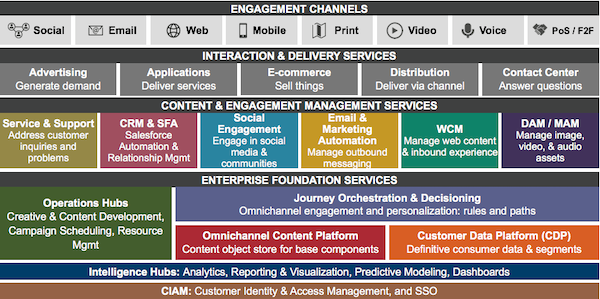
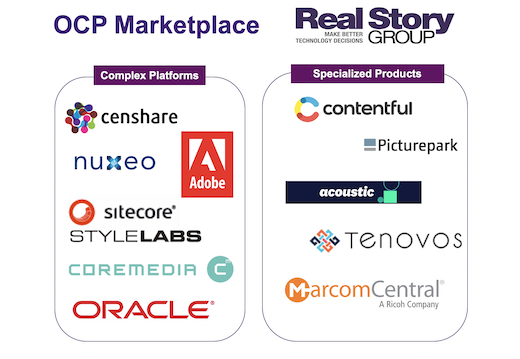
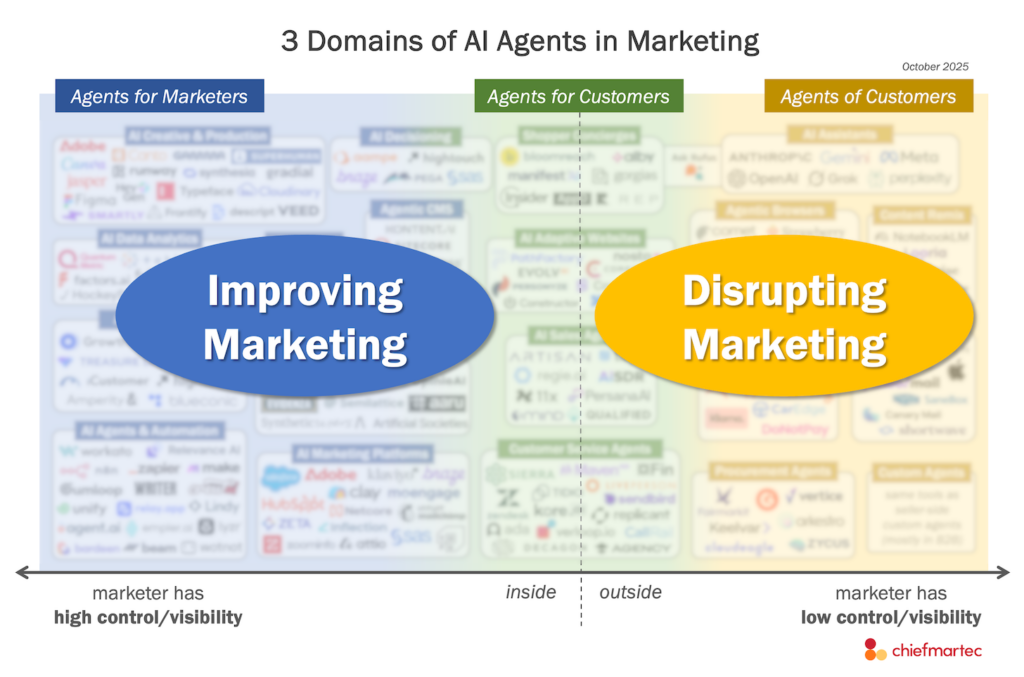
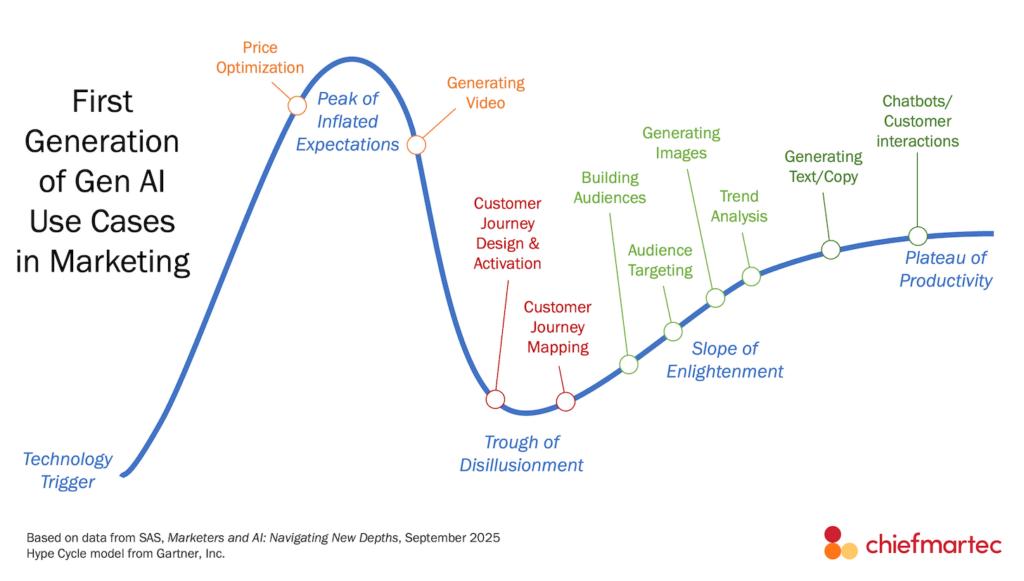
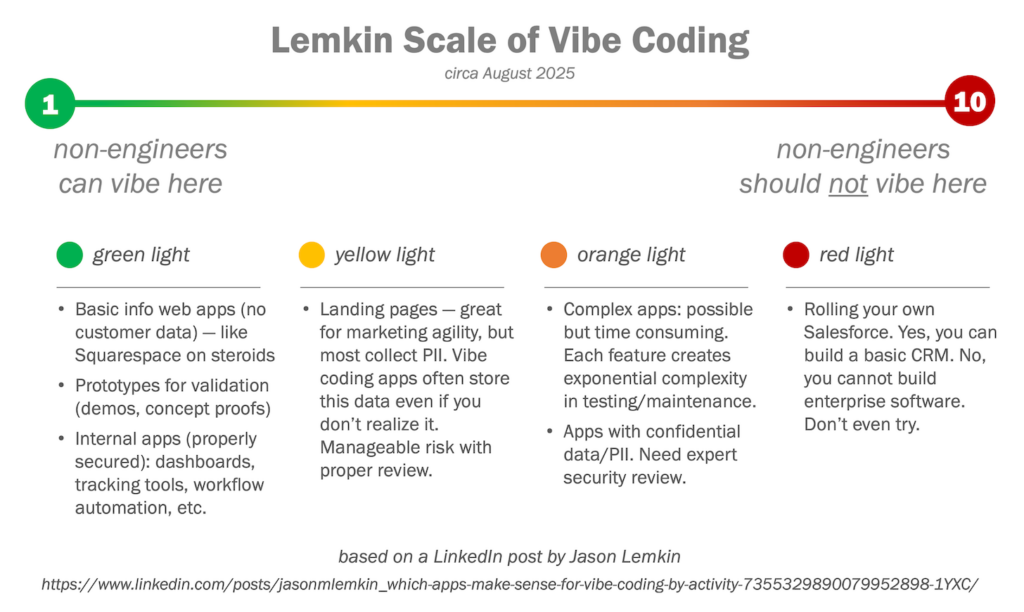
Thanks Tony, we’re using a create once, publish in context model.
Cool. welcome hearing more.